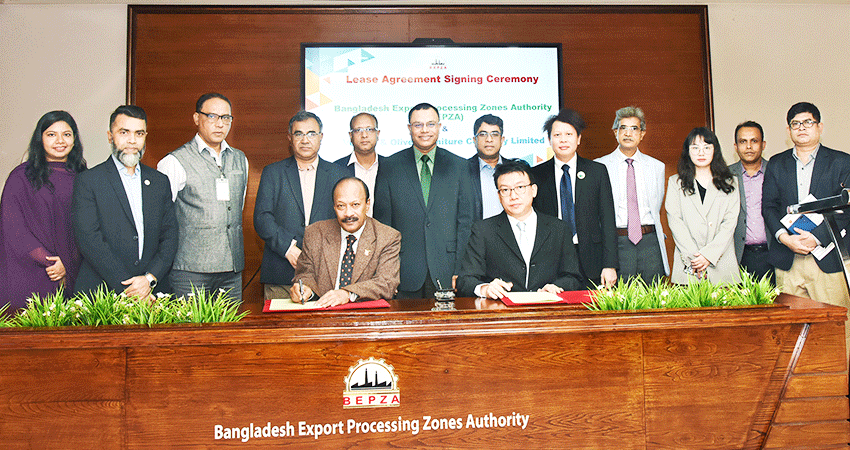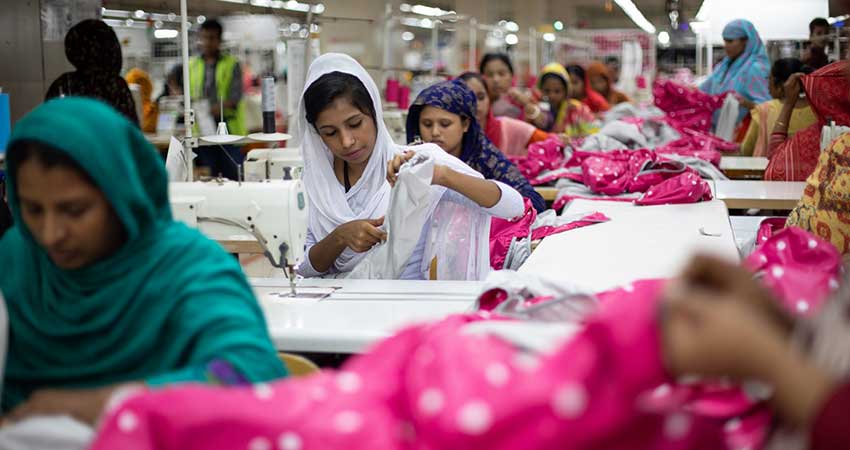The Bangladesh Bank on Sunday fixed the interbank exchange rate at Tk89 per US dollar, following requests from two apex bodies of bankers and forex dealers in the country.
The new exchange rate will be effective from Monday, central bank spokesperson Md Serajul Islam told reporters.
Earlier on Thursday, the Association of Bankers, Bangladesh (ABB) and the Bangladesh Foreign Exchange Dealers' Association (BAFEDA) had sent a letter to the central bank requesting a uniform dollar exchange rate under the four categories.
In the letter, two apex bodies called for fixing the inter-bank exchange rate at Tk89.8 per dollar, instead of the existing rate at Tk87.9.
Money exchanges will set their trading rate for dollar after adjusting the interbank and BC rates, said the central bank spokesperson.
The uniform exchange rates for all banks come following a decision made at a tripartite meeting of the Bangladesh Bank with top leaders of the BAFEDA and the ABB on Thursday.
The price of dollars went down by Tk2.50 with the US currency being traded for Tk95 in the open market, or kerb market, on Sunday.
On May 26 last week, the price of the dollar was Tk97.50. The rate was Tk98.50 a day before.
The exchange rate of the American greenback topped Tk100 on 17 May for the first time ever in Bangladesh.
Shamim Akter Mukto, general manager of Naya Paltan's Dawn Money Exchange, said that many money exchange companies were hoarding dollars to make higher profits. But now they were being forced to sell dollars at a lower rate and incur losses.
As demand for the dollar rose due to increased imports, the Bangladesh Bank started selling greenbacks, releasing $5.11 billion to banks till May 12.
In FY21, the central bank purchased around $8 billion from banks.
The country's forex reserves, which reached $48 billion in August last year, dropped to $41.93 billion on 11 May.
In the July-March period of FY22, exports registered about 33% growth, but it could not hold back the trade balance that slid into a deficit of about $25 billion, which was 9% higher than that of the whole previous fiscal year.
Last week, some banks bought for more than Tk95 per dollar from expatriates. And this dollar was sold in the country at a higher price.
People were under pressure because of the rise in the value of the dollar, causing the price of consumer goods to rise.
However, a decision made by the Bangladesh Bank, Bangladesh Foreign Exchange Dealers Association (Bafeda) and Association of Bankers, Bangladesh (ABB) on Thursday was made to avert this crisis, effective from Sunday.
A unified exchange rate of the US dollar was in motion from Sunday for all banks, to help overcome the volatility that persists in the foreign exchange market.
ABB and BAFEDA will set the exchange rate everyday and take verbal consent from the Bangladesh Bank, said meeting source.
Currently different banks have different exchange rates.
Also at the meeting, it was decided to fix a rate on remittance this time to overcome the dollar crisis.
As a result, no bank will be able to collect foreign remittance at a higher price.
Bankers said that due to the large price difference, the income from remittance will go to the hundi rather than through the legal route. The reason for this is when sent via hundi, more than Tk95 is paid for every dollar.
However, central bank officials said that not everyone will take the risk of sending money in hundi suddenly. For this reason, even if the price is a little less than the open market, the expatriate remittance will come in a legal way.
There is no set rate or limit on how much banks can bring in income. Usually the banks of the country fix the demand and price of dollars to the exchange houses abroad every day.
In many cases, money exchanges collect expatriate remittance and bargain with the country's banks on the value of dollars. Dollars are sold to the bank that pays the highest price.
However, Bangladesh Bank does not have any control and supervision over the Bangladeshi exchanges abroad.
As a result, the central bank is also in the dark about setting the dollar price in the case of expatriate income. RIA, MoneyGram, Transfast, Western Union, Express Money, IME and other exchanges have a big role to play in determining the value of dollars. Banks have to bring in expatriate income at the price they pay.



















